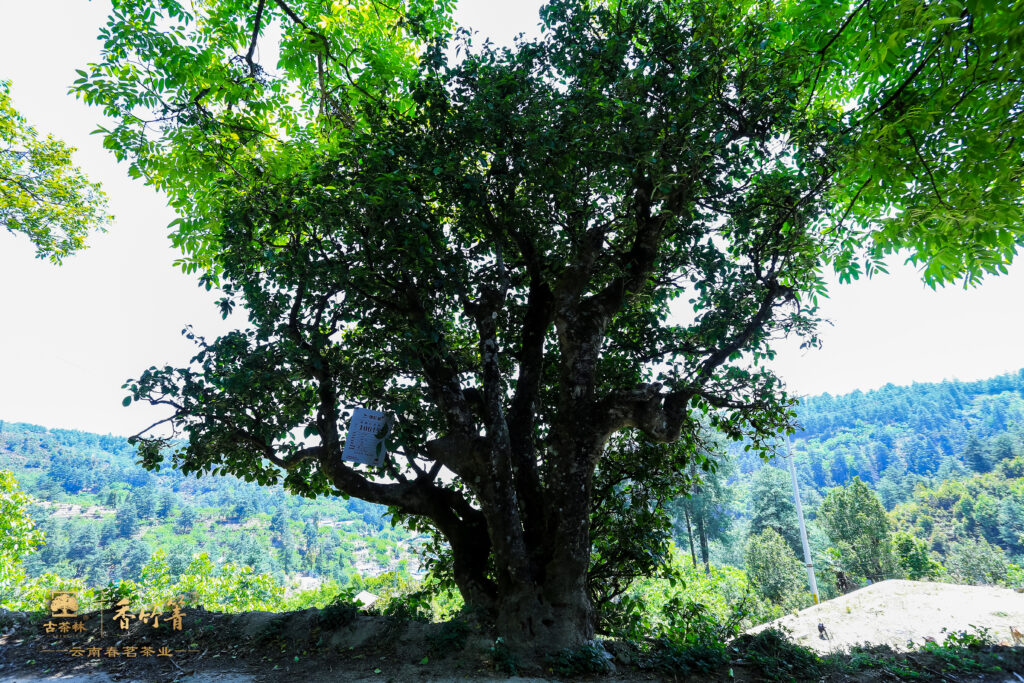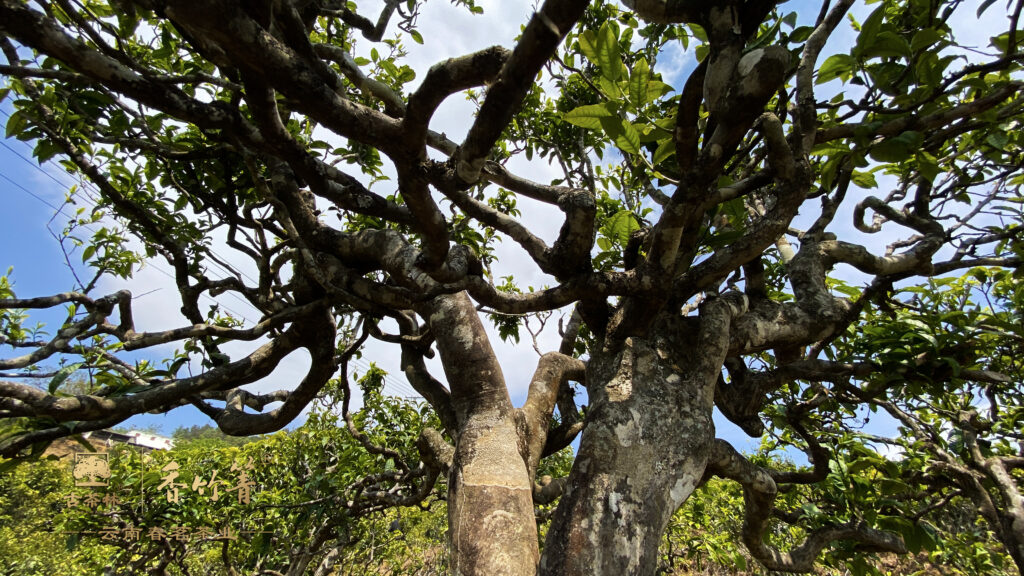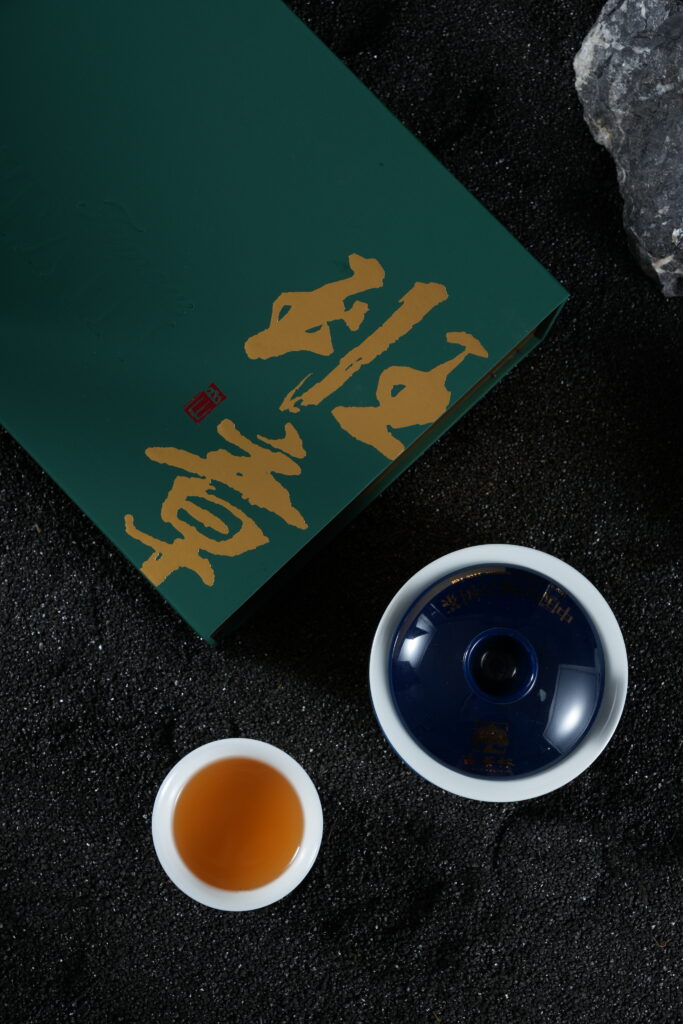The Ecological Beauty of Yunnan Ancient Tree Tea
Yunnan ancient tree tea is more than just a beverage—it is a living embodiment of natural ecology, ethnic culture, and historical legacy. Its value lies not only in its flavor and nutritional benefits but also in the unique ecological environment and cultural context in which it thrives. This article explores the ecological beauty of Yunnan ancient tree tea from five key perspectives.

1. Ethnic Minority Tea Culture in Yunnan
Yunnan is one of the cradles of Chinese tea culture. The region is home to many ethnic minorities, including the Dai, Bulang, and Hani peoples, who have cultivated unique tea traditions over centuries. For them, Yunnan ancient tree tea is not only a daily drink but also a sacred item used in rituals, hospitality, and community bonding.
In Bulang villages, tea ceremonies honoring the tea deity are still practiced today. The Hani people welcome guests with tea and use it in social gatherings, reflecting their deep respect for tea. These cultural traditions have played a vital role in preserving ancient tea trees across generations.
2. How Ancient Tea Trees Are Preserved
The survival of Yunnan ancient tree tea for hundreds—or even thousands—of years is not accidental. Besides favorable natural conditions such as high altitude and rich biodiversity, local communities have protected these trees through sustainable, traditional farming methods.
Tea trees grow in remote, high-altitude forests with minimal human interference. Local farmers avoid chemical fertilizers and harsh pruning, allowing the trees to thrive in their natural state. In recent years, the government has also implemented conservation policies, including ecological reserves and strict land use regulations, further safeguarding ancient tea resources.
3. What Is Ancient Tree Tea?
Ancient tree tea refers to tea harvested from large-leaf tea trees typically over 100 years old. Based on their age, these trees can be classified as “century-old” or even “millennium-old.”
Unlike modern plantation tea bushes, Yunnan ancient tree tea comes from arbor-type trees with deep roots and strong resistance to disease and pests. These characteristics enable the tea to absorb a rich range of minerals and nutrients from deep within the soil, giving it exceptional quality and taste.

4. The Value of Authentic Yunnan Ancient Tree Tea
Authentic Yunnan ancient tree tea is highly valued in the market for several reasons:
- Rarity: Ancient tea trees are limited in number and cannot be replicated through modern cultivation.
- Ecological Value: Grown in pristine environments with little to no pollution, the tea is 100% natural.
- Cultural Heritage: It carries centuries of tea-making history and ethnic traditions.
- Collectible Worth: Properly stored ancient tree tea gains complexity over time and is often seen as a premium collectible.
Due to its high market value, counterfeit ancient tree teas are common. Therefore, consumers should always choose reputable suppliers with traceable sources when purchasing Yunnan ancient tree tea.

5. Nutritional Benefits and Flavor Profile
Thanks to their deep-root systems, ancient tea trees absorb abundant minerals, resulting in tea rich in polyphenols, amino acids, catechins, and other beneficial compounds. These contribute to antioxidant effects, mental alertness, and support for metabolism and cardiovascular health.
In terms of flavor, Yunnan ancient tree tea is known for its clear liquor, rich aroma, smooth mouthfeel, and strong aftertaste. Whether in black tea, raw pu-erh, or ripe pu-erh forms, the tea displays a multi-layered, lingering flavor that delights experienced tea drinkers.
The ecological beauty of Yunnan ancient tree tea is found not only in its pristine mountain habitat but also in the harmonious relationship between people and nature. We believe in protecting this precious heritage at the source and sharing it with the world in its truest form.
To learn more about authentic Yunnan ancient tree tea, feel free to contact us: https://longyuanfamily.com/
